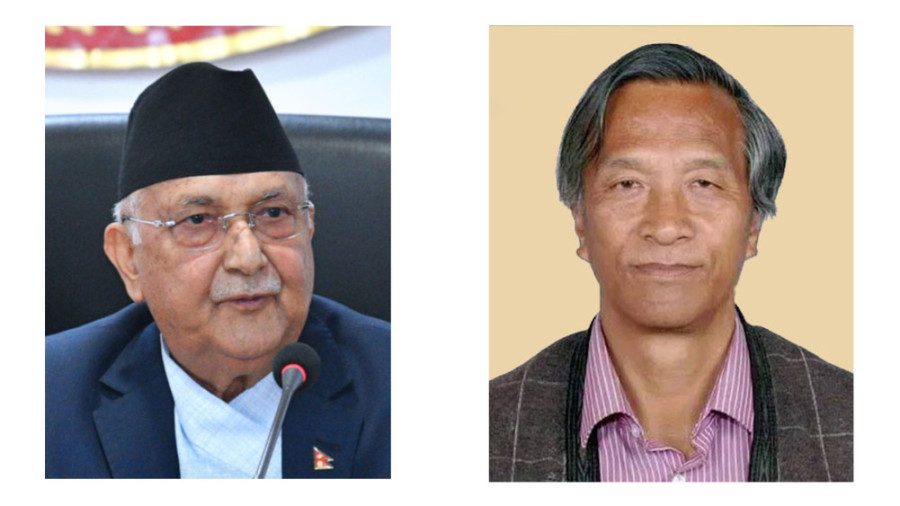Editorial
Tribhuvan University, undone
VC’s resignation raises concerns over the political leadership’s commitment to academic excellence.
Tribhuvan University (TU), Nepal’s oldest and biggest, is without a Vice-Chancellor in just 13 months of the appointment of Keshar Jung Baral last February. Prime Minister KP Sharma Oli, who is also the Chancellor of the institution, approved Baral’s resignation on Thursday. While Baral cited health reasons when he sought resignation almost two weeks ago, in later interviews he revealed that he stepped down due to “pressure, utter disrespect as well as the lack of support” from the premier. The VC’s withdrawal from such a vital position, well before the end of his four-year term, has only laid bare a deeper malady that has long afflicted TU. It is unfortunate that the government head can go so far as to create an unfavourable environment for those trying to steer the institution in the right direction.
While Baral’s appointment last year, at the behest of then Prime Minister Pushpa Kamal Dahal, was not without controversy, Baral was the first in the university’s history to get in through open competition. In his short tenure, he took commendable steps towards TU’s reform. He appointed Kedar Prasad Rijal as registrar and Khadga KC as rector—two key positions which are often the subjects of intense political bargaining—on the basis of merit. The trio successfully appointed department heads and campus chiefs based on open competition. Concomitantly, the university heads also involved the Public Service Commission in the exams of TU Service Commission to make the exams fair and transparent. Other long-awaited reforms include efforts to resolve inordinate delays in publishing results, streamline the messed-up academic calendar and conduct timely exams.
These reforms were vital for almost 0.5 million university students. However, according to TU officials, Baral’s stand against granting permanent positions to around 1,000 teachers and staff working on contract basis had ruffled the feathers of the politically-affiliated university teachers’ associations, employees’ unions as well as some student unions. Oli had also been pushing Baral to press ahead with the appointments, despite the Supreme Court’s ruling against promoting teachers on the basis of internal competition.
Baral’s resignation has not only brought despair to the students and well-wishers of the university, but also raised concerns over the Nepali political leadership’s commitment to academic excellence. The administrative works have already been affected in the absence of the VC, hinting that the overall functioning of the university will also be hit again. The fact that Oli last year wanted to appoint a professor close to the UML as registrar when Baral submitted the names selected on merit hints that TU will not be free from political maneouvering anytime soon.
But it doesn’t have to be this way. If our politicians truly value education, it is possible to free TU from the grip of politicisation. Doing so would open ways for other important reforms in the university, including decentralising power and responsibilities to constituent campuses in all the provinces, making administrative works faster and easier, advancing a conducive teaching-learning environment and retaining students who want to go abroad to study seeing no hope in Nepal. Surely, veteran political leaders like KP Oli and Sher Bahadur Deuba understand that there can be no meaningful national development without the strengthening of vital social institutions like universities.




 27.48°C Kathmandu
27.48°C Kathmandu














